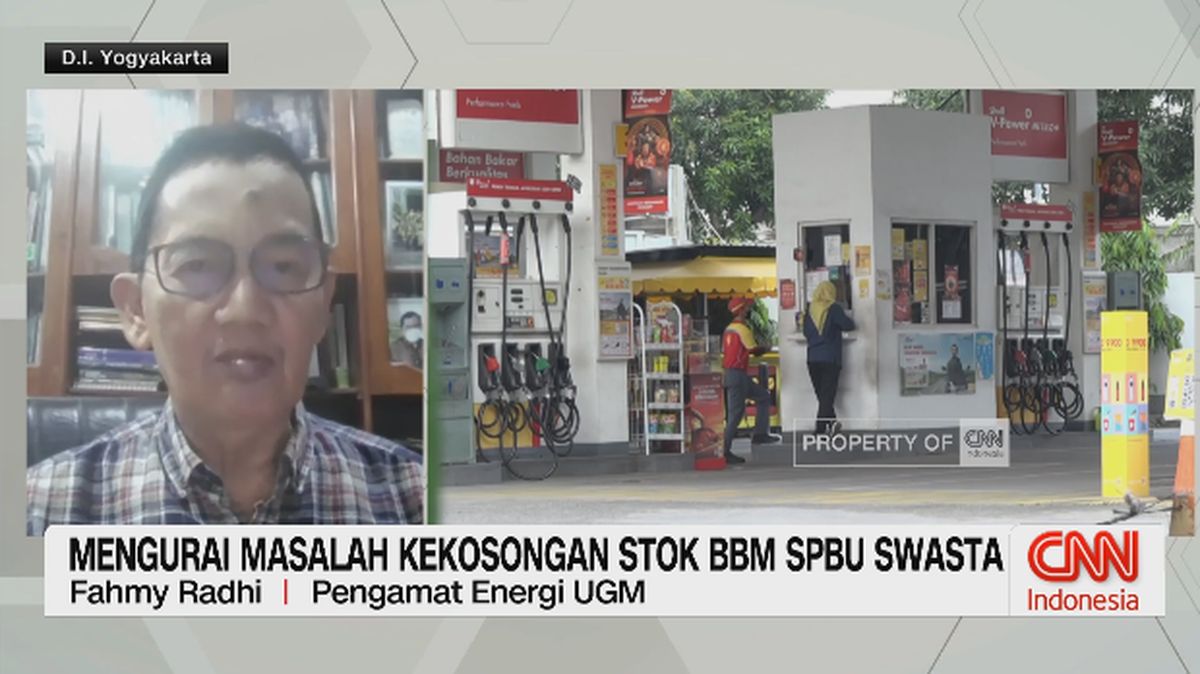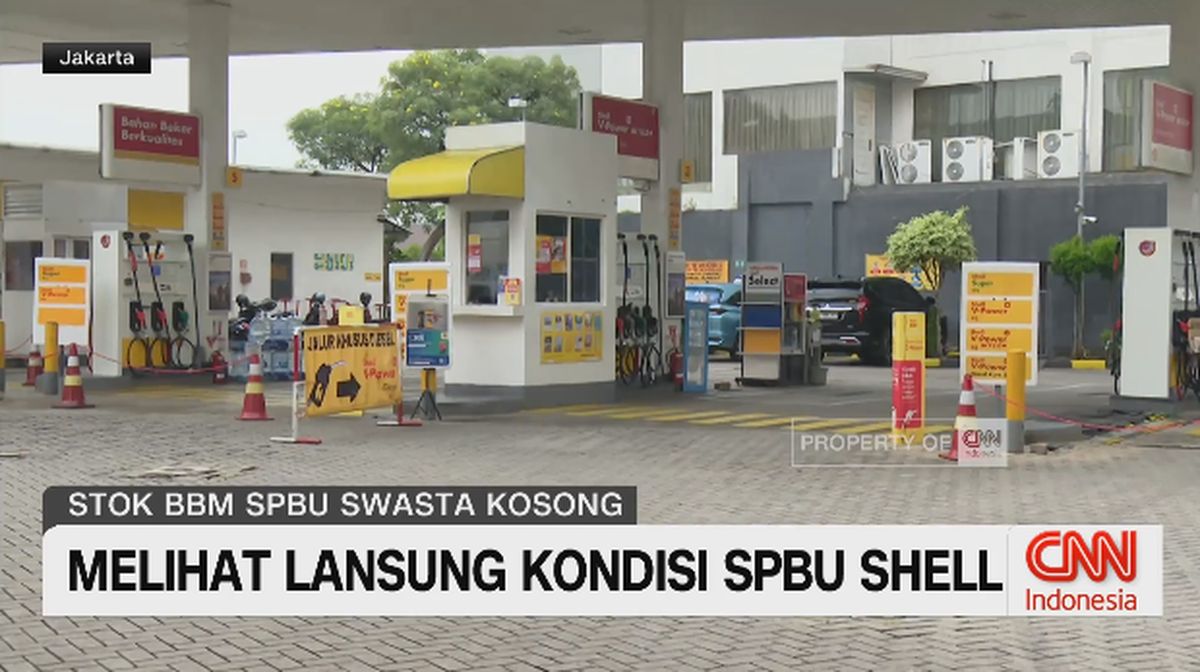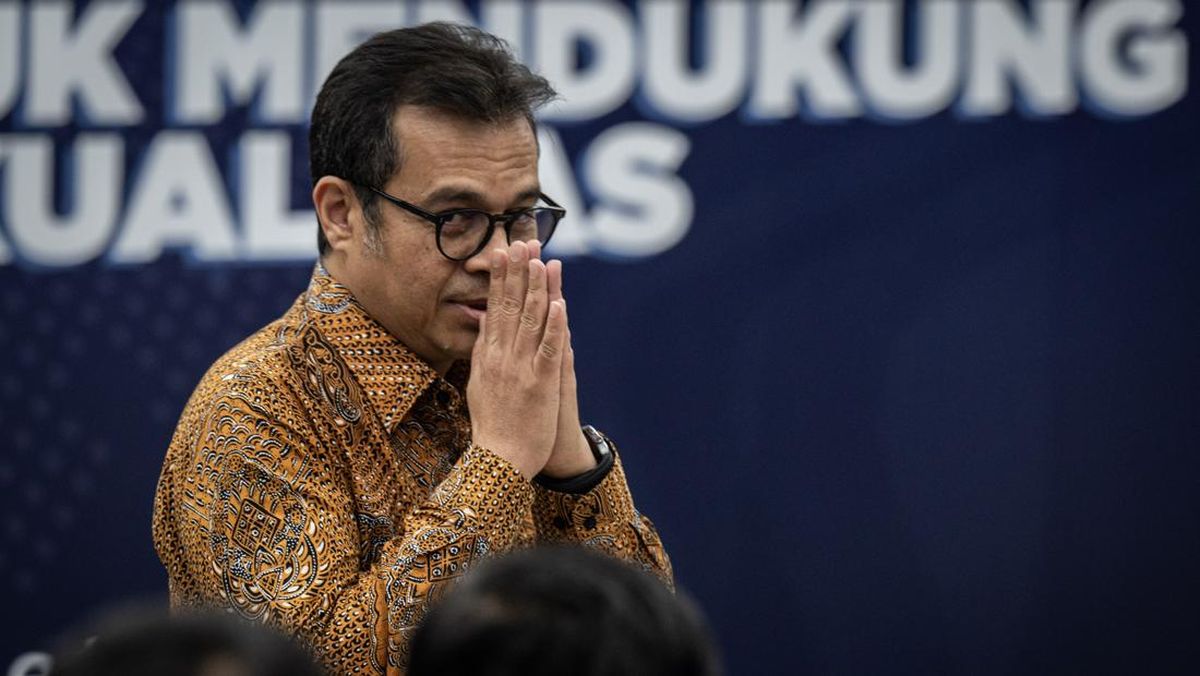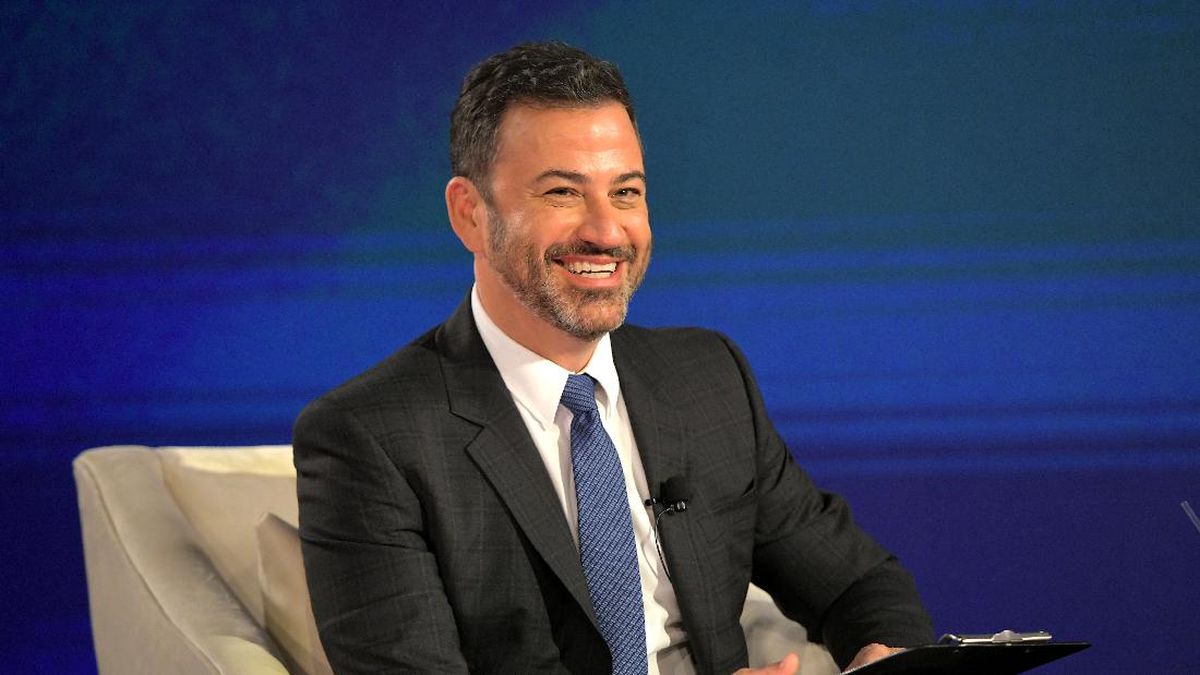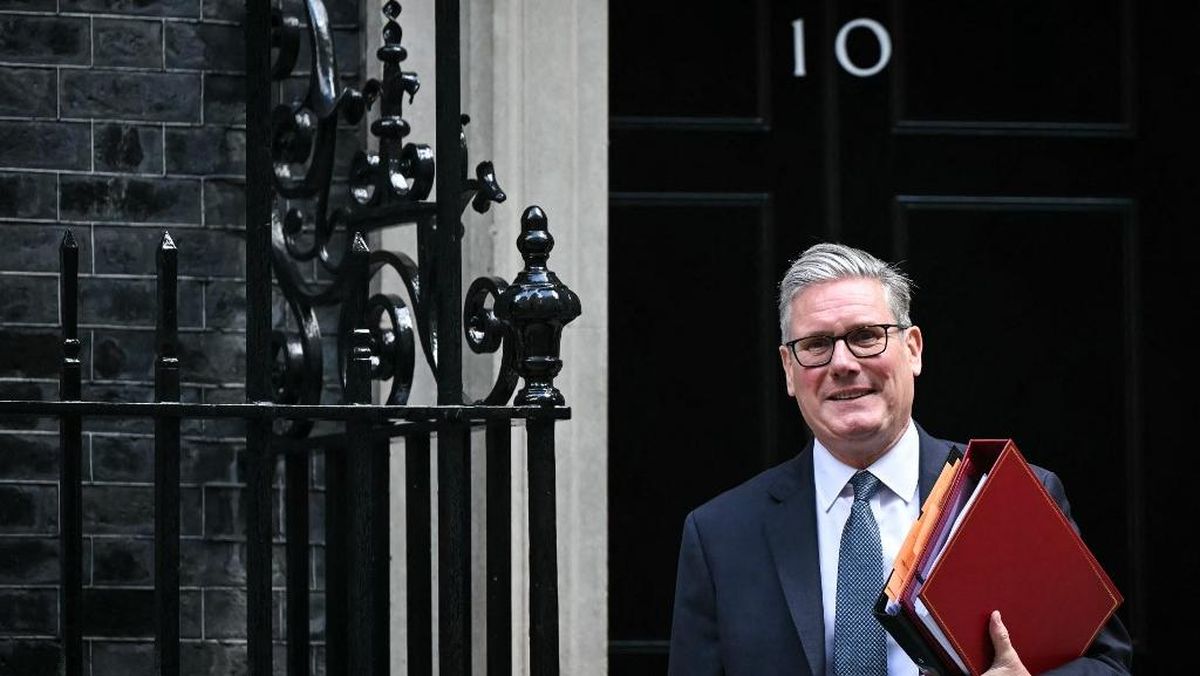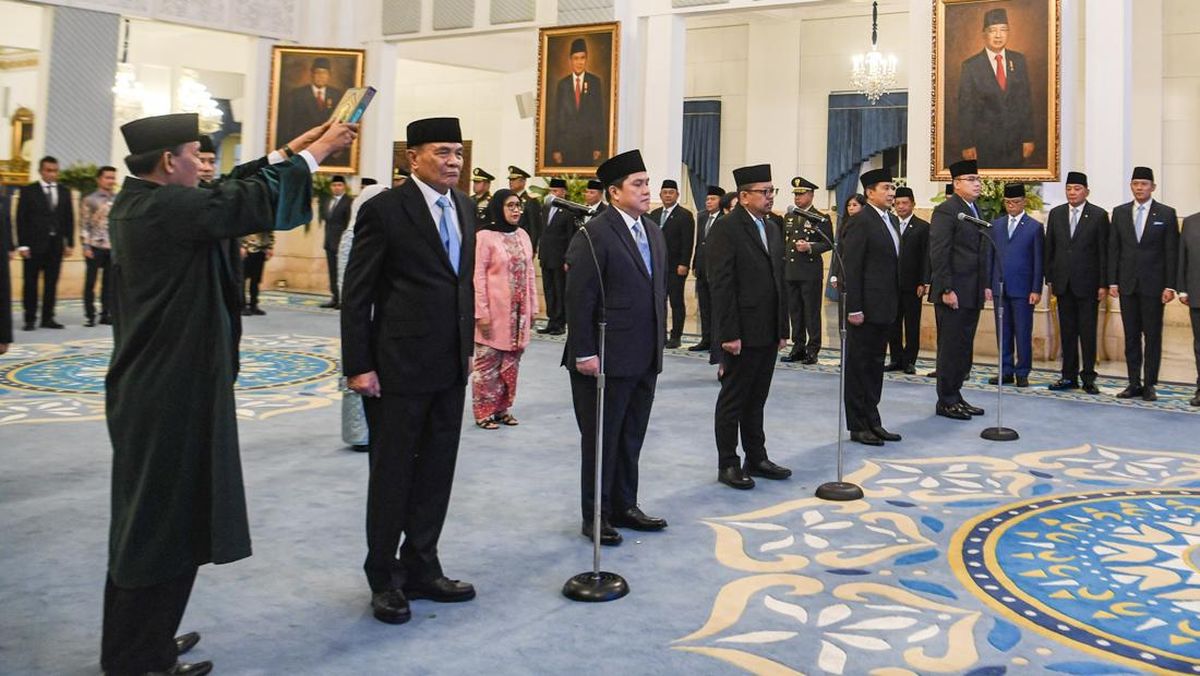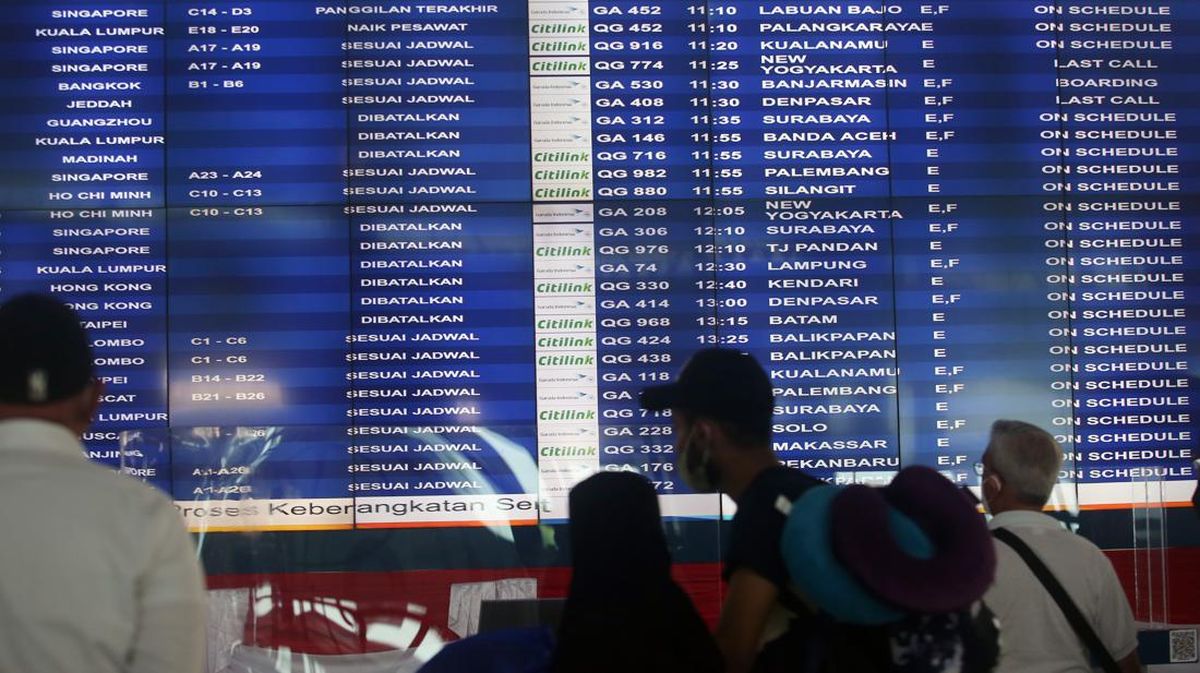By The Economist
July 5, 2025 — 11.00am
Jeff Bezos lives by a simple precept: limit the number of things you would wish you had done differently when you are 80. He calls it, with habitual nerdiness, the “regret-minimisation framework”. In 1994, it led him to forsake cushy work at a hedge fund to start Amazon. It is behind the big bets, from the Prime subscription service to AWS cloud computing, that have made the company into a technology titan valued at $US2.3 trillion ($3.5 trillion) and himself into one of the world’s richest people.
It also explains why, six years ago, Mr Bezos left his first wife of 25 years for a former TV presenter, Lauren Sánchez. And why he blew, on some estimates, $US50 million ($76 million) to rent out Venice for three days for their opulent nuptials starting on June 26 – the predictable antiplutocrat pushback be damned.

Newlyweds Lauren Sánchez Bezos and Jeff Bezos are pictured here in Venice on their wedding weekend.Credit: AP
The 61-year-old Mr Bezos presumably has an even better idea today of what his octogenarian self might regret than he did at 31, 41 or 51, when his 80th birthday was far off. To get an inkling of his current calculus, look at how he spends, first, his time and, second, his $US240 billion ($365 billion) fortune.
Once the billionaire is back from his honeymoon, details of which are as hush-hush as the wedding was loud, he will return to his other love – Blue Origin. Mr Bezos has been a card-carrying space cadet since watching the Apollo 11 moon landings in 1969, when he was five. In 2000, he founded the rocketry firm – credo: “gradatim ferociter” (step by step, ferociously) – to make space travel cheaper with reusable craft. The ultimate goal is to enable humanity to keep growing in resource-rich and unpollutable space while letting Earth thrive as a planet-sized nature reserve.
Until he retired as boss of Amazon in 2021, he blocked out the same half-day every work week (plus Saturday mornings) to turn this science-fiction into business fact. One of the reasons for quitting Amazon was, Mr Bezos has confessed, that Blue Origin was going about its mission too gradatim and not ferociter enough. SpaceX, a rival two years its junior, was sending dozens of payloads a year into orbit. Blue Origin had yet to launch any.
Loading
So in the past four years he has, by his own admission, been devoting 90 per cent of his time to Blue Origin. He wholly owns the company but does not run it day to day. That is the job of David Limp, whom Mr Bezos pinched from Amazon in 2023, where he oversaw various device-related projects, including the Alexa digital assistant, the Kindle book-reader and Project Kuiper, a satellite-broadband initiative to challenge SpaceX’s Starlink system.
According to people in the know, though, Mr Bezos is a de facto co-CEO, as well as troubleshooter-in-chief. He is constantly on the lookout for ways to make Blue Origin’s four factories and seven field offices around America run more efficiently. It is hard, for instance, not to see his ruthless hand in the firm’s decision in February to lay off a tenth of its 14,000-strong workforce. No regrets there, at least not for Mr Bezos.
There have been fewer of them elsewhere in the business lately, too. Two years ago, Blue Origin was awarded the contract to develop a lander for NASA’s planned crewed return to the moon. In January, it pulled off the long-delayed virgin voyage of its New Glenn rocket. It reached orbit on the first try (though the reusable first stage was not recovered in the manner that SpaceX now routinely deploys). A second launch is planned for August.
More federal contracts may be coming Blue Origin’s way. Elon Musk, SpaceX’s combustible boss, is blowing up his friendship with America’s president, even as Mr Bezos has buttered him up with a wedding invitation (declined) and softened the anti-Trump tone of the Washington Post, a newspaper Mr Bezos owns.
Loading
What about the tenth of Mr Bezos’s week not taken up by Blue Origin or schmoozing on its behalf? Amazon, of which he remains executive chairman, is booming under his handpicked successor, Andy Jassy. The Washington Post seems more and more like a distraction. Instead, Mr Bezos’s main side-hustle these days is the Bezos Earth Fund. If Blue Origin is contributing to making space habitable in the future, the $US10 billion ($15 billion) charity is meant to keep Earth that way in the present.
This long-standing dual desire also increasingly colours Mr Bezos’s financial investments – albeit less lopsidedly than his time. Mr Bezos’s fortune comes mostly from his 8.6 per cent stake in Amazon, worth just shy of $US200 billion ($304 billion). It is managed partly through his family office, Bezos Expeditions. According to PitchBook, a data-provider, the vehicle oversees $US108 billion ($164 billion) in assets. That is roughly as much as Ohio’s state pension fund.
In the past, Bezos Expeditions’ portfolio included early wagers on Airbnb, Twitter (as X used to be known), Uber and several other startups that became household names. Mr Bezos may have secured a tidy return by cashing out while they were still private, but their ho-hum subsequent combined stockmarket performance – better than the S&P 500 index but not the tech-heavy NASDAQ, let alone Amazon – doesn’t scream adventurous.

Bezos, pictured here with Sánchez Bezos in March, is focusing on space.Credit: AP
To baldly go
Bezos Expeditions’ current wagers look more swashbuckling – and useful for a space faring species with a soft spot for its home world.
It has backed startups developing robots’ artificially intelligent brains (Skild AI, Physical Intelligence) and their mechanical brawn (RIVR Technologies) and interfaces to connect human minds to artificial limbs (Synchron). It has funded General Fusion, working to harness sun-like energy on Earth, and NotCo, which uses AI to produce plant-based meat. It is an investor in Atlas Data Storage, which wants to pack information in synthetic DNA rather than silicon.
And, of course, Mr Bezos has poured undisclosed billions into Blue Origin. To some all this may smack of a mogul past his peak, casting around for ways to splash his cash. It is better understood as living a childhood dream, without regrets.
For the story behind the headlines, listen to The Morning Edition, with a new episode live every weekday from 5am. You can find The Morning Edition on Apple, Spotify, and everywhere you listen to your podcasts.
© 2025 The Economist Newspaper Limited. All rights reserved
Most Viewed in Business
Loading


